Question And Answer
Publications
Articles, publications, books, tools and multimedia features from the U.S. Institute of Peace provide the latest news, analysis, research findings, practitioner guides and reports, all related to the conflict zones and issues that are at the center of the Institute’s work to prevent and reduce violent conflict.
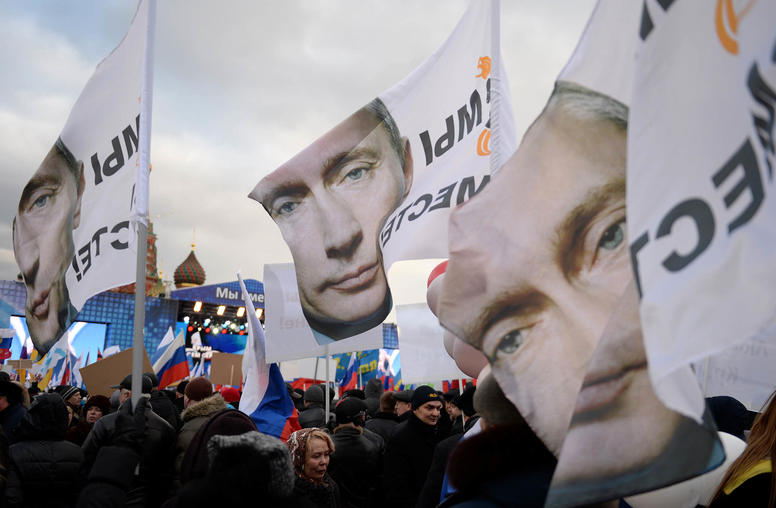
Regime Preservation is Putin’s Primary Concern
Russian President Vladimir Putin and the Russian leadership are not irrational. Their primary goal is regime survival. To date, the Russian military’s poor performance in Ukraine does not present an existential threat to the Putin regime. Neither the Russian military’s failure to decisively defeat the Ukrainian military nor a Ukrainian victory that leads to complete expulsion of Russian forces from Ukrainian territory are likely to topple it.
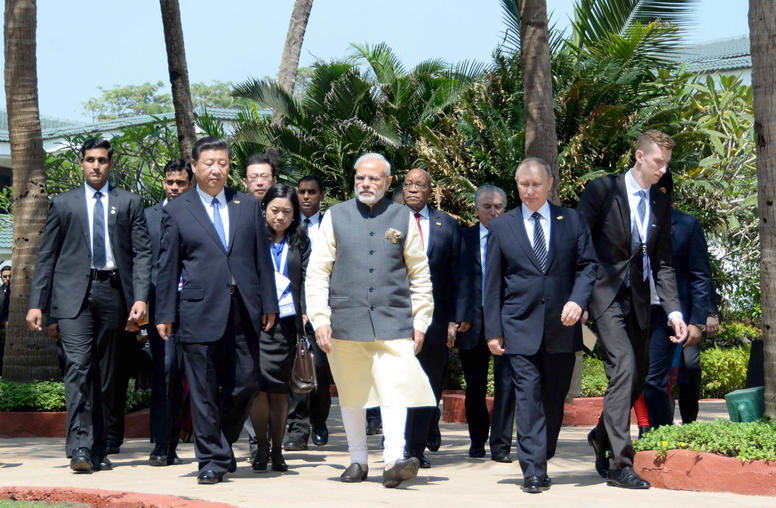
Modi, Putin and Xi Join the SCO Summit Amid Turbulent Times
The Shanghai Cooperation Organization (SCO) resumed in-person summits last week in the wake of the COVID pandemic and at a moment of unprecedent change and challenge. Member states Kyrgyzstan and Tajikistan are at war over their border. So are dialogue partner states Armenia and Azerbaijan. All SCO members are dealing with the economic impact of the Russian war in Ukraine as well as climate disruptions like the floods overwhelming Pakistan. Mistrust between India and Pakistan, full members since 2017, make cooperation difficult on the SCO’s original core mission of counterterrorism. And India and China, which were building toward the “Wuhan spirit” of cooperation when India joined in 2017, are hardly on speaking terms despite recent progress toward deescalating a friction point along their disputed Line of Actual Control.
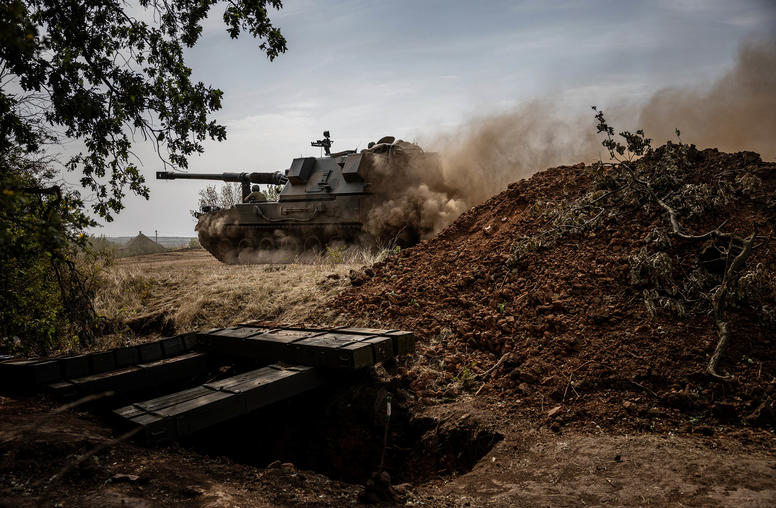
How Ukraine’s Counteroffensives Managed to Break the War’s Stalemate
In recent weeks, two Ukrainian counteroffensives — one in the south near Kherson and another in the east near Kharkiv — have pushed back Russian forces after months of grueling deadlock across the front lines. The eastern Kharkiv attack has been particularly successful, as Ukrainian forces continue to reclaim vast swaths of territory from a seemingly stunned Russian military. USIP’s Mary Glantz examines the resilience of Ukrainian forces thus far, how Ukraine managed to catch the Russian military off-guard outside Kharkiv and Russia’s reaction to what may be a major inflection point in the ongoing conflict.
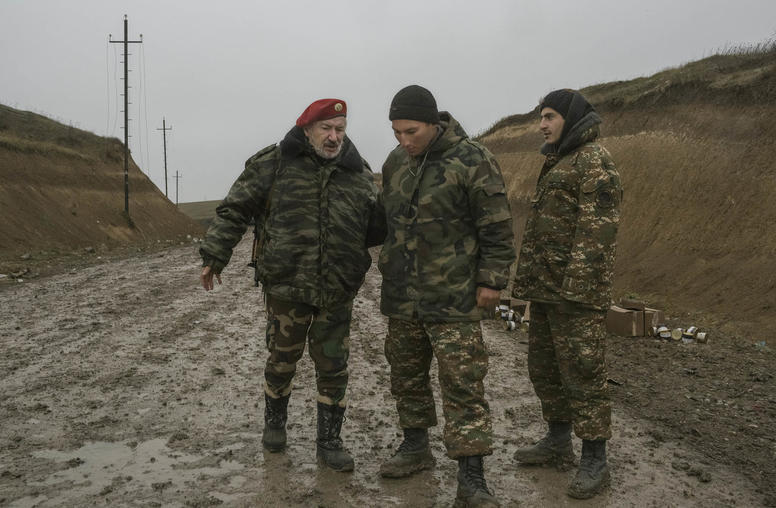
Amid Ukraine War, Armenia and Azerbaijan Fighting Risks Broader Conflict
Armenia and Azerbaijan reported nearly 100 combined deaths Tuesday, in the latest flare-up of violence between the two South Caucasus countries. For decades, tensions have simmered over the disputed Nagorno-Karabakh region, which is controlled by ethnic Armenians and claims independence but is internationally recognized as Azerbaijan’s territory. There are fears that these tensions could boil over into a larger conflagration, like the 2020 Armenia-Azerbaijan war that resulted in over 1,000 casualties. In 2020, Russian President Vladimir Putin negotiated a cease-fire to end the fighting. Today, with Russia bogged down in Ukraine, it is unclear if the Russian leader will be able to achieve a similar result, as regional stability hangs in the balance.
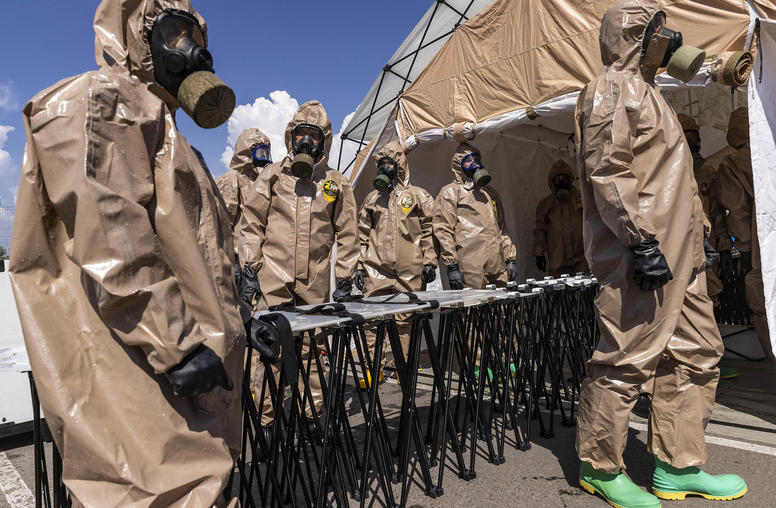
Russia’s New Nuclear Threat: Power Plants as Weapons
Russia’s invasion of Ukraine and occupation of Europe’s largest nuclear power station have triggered the first real-world case of a crisis that security scholars have feared for decades: a threat of radiological disaster from a wartime incursion on an operating nuclear power plant. Russia effectively is using the plant at Zaporizhzhia as a pre-positioned nuclear weapon to threaten and intimidate not only Ukrainians but millions of Europeans across a dozen countries. This is undermining global security institutions in which all countries have a stake, and Russia must join the international community in treating nuclear power plants as demilitarized zones.
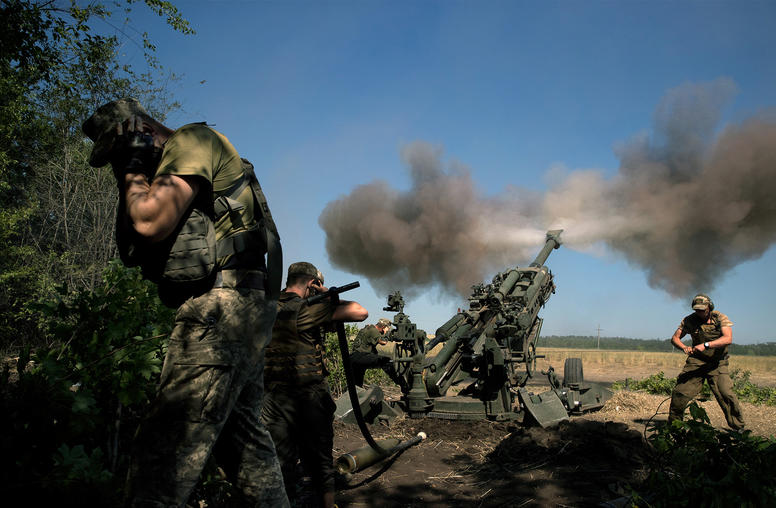
Russia’s Ukraine War Has Narrowed — But Not its Goals
Russia’s Ukraine war, launched in February along the 350 miles from Belarus to the Black Sea, has largely narrowed these weeks to a 45-mile-wide assault on cities in the Donbas region. This and other signals may suggest that President Vladimir Putin is limiting his war aims and will settle for consolidation of control over four provinces in southern and eastern Ukraine. Yet this is probably just a short-term change. Putin’s goal is unchanged, and he is prepared to achieve it by degrees. This reality undermines well-meaning suggestions for peace negotiations that are based on beliefs the Kremlin will settle for what it has now.
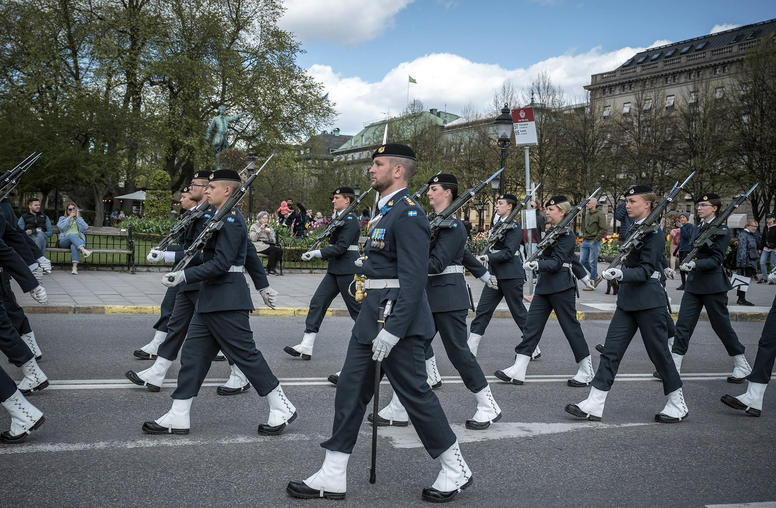
Russia Has Relaxed its Rhetoric on NATO’s Nordic Expansion
Russia for years has warned that it would take military steps, among others, to counter any eventual decision by Finland or Sweden to join NATO. Yet since the Nordic countries declared that intention in mid-May, Russian officials’ changing rhetoric suggests that the Kremlin will seek to avoid any real confrontation over prospective NATO expansion.
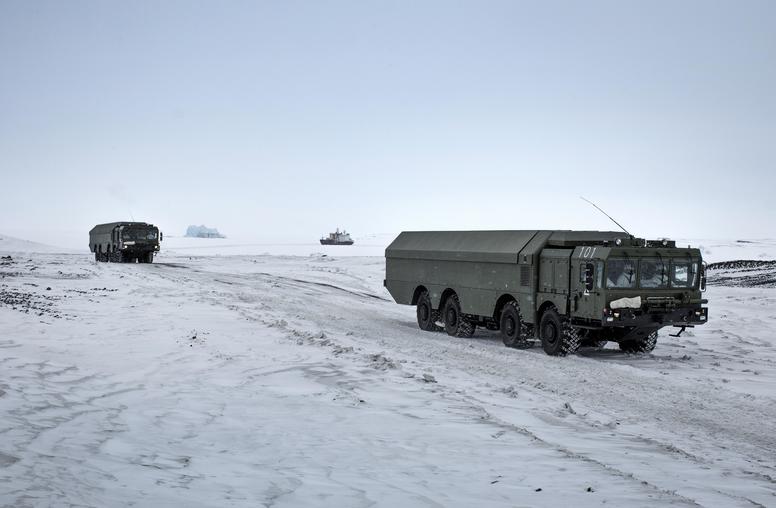
Global Peace Needs a Clear U.S. Reply to Putin’s Nuclear Threat
As signs increase that Russia’s invasion of Ukraine is failing to achieve President Vladimir Putin’s goals, he has hinted menacingly at using a chemical or nuclear weapon. This leads some western analysts to suggest offering Putin a face-saving exit from his crisis. That would be a simplistic answer to a complex challenge, rather than the finely balanced response that is needed. Worse, it would be dangerous, signaling to governments worldwide that armed aggression — especially with weapons of mass destruction at hand — is a sure path to wielding international power.
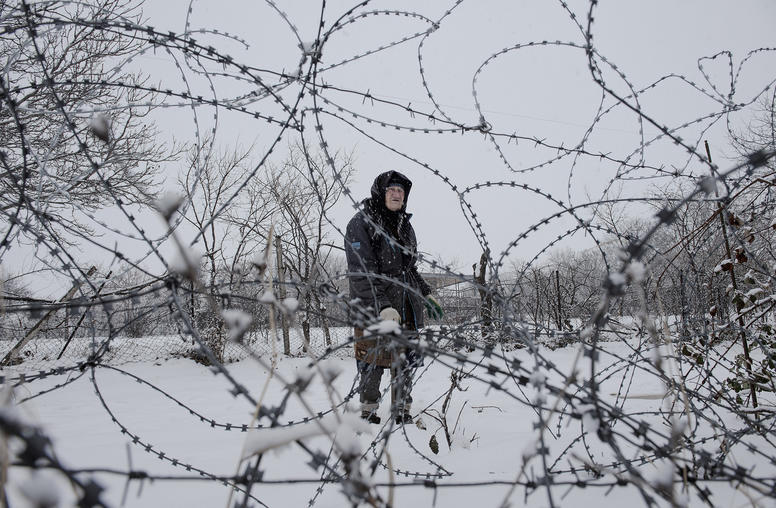
Russia’s Ukraine War Could Offer Chance to Resolve South Caucasus Conflicts
Since Russia’s invasion of Ukraine, the world’s attention has been justly focused on the war and the devastation inflicted on Ukrainian civilians. However, as the war drags on — and becomes ever more costly to Russia — policymakers in the United States and Europe must pay increasing attention to other areas where the diminution of Russia’s military reputation may upset local balances of power.
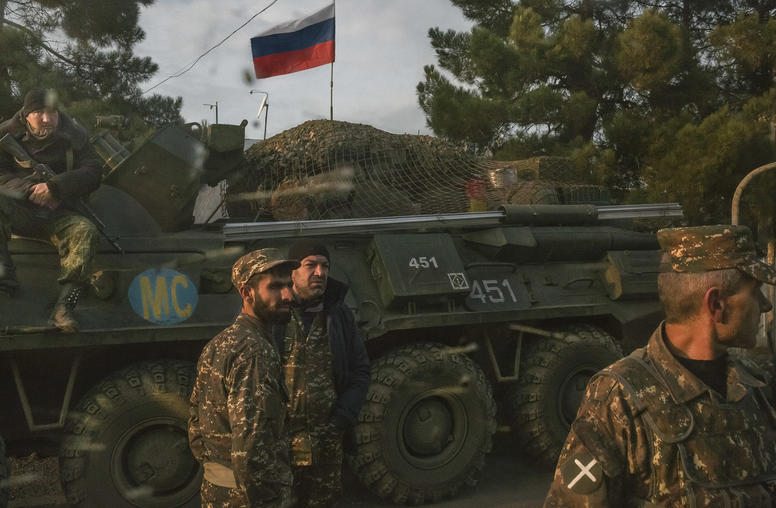
Armenia, Azerbaijan and Georgia’s Balancing Act Over Russia’s War in Ukraine
Since Russia’s invasion of Ukraine, Armenia, Azerbaijan and Georgia have tried in different ways to balance the need for good relations with Moscow with a desire to support Ukrainian territorial integrity and sovereignty. Each has reason to be cautious: Moscow has exploited ongoing conflicts in all three countries to dominate its self-defined sphere of vital interests. While these conflicts persist, Moscow will maintain significant leverage over Yerevan, Baku and Tbilisi. Working with them to resolve these conflicts and preserve their sovereignty should be a priority for the United States and Europe.